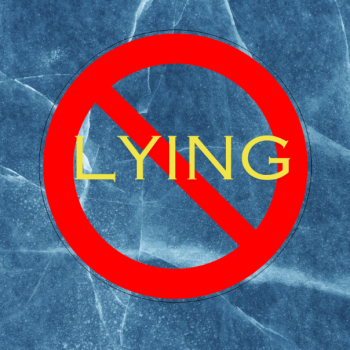“The Black church” is shorthand for the vast network of racial-ethnic communities of Christian faith, worship, and life born out of and informed by the historic and present day experiences of people of African descent in the United States.
The Black church is a sacred and social movement, representing communities of faith and, at its best, arenas of change. In oppressions affecting Black children, women, and men, Black churches have access to liberative and holistic resources and to reconciling potential, restoring ancestral wisdom and cultivating contemporary insights that uphold the agency of Black humanity. When and where the Black church upholds and models its own virtues of love, justice, freedom, community, equality, dignity, self-worth and more, it bears magnificent witness to a just and humanizing world.
In the last 50 years the African American community has undergone momentous and convoluted change. By the middle of the twentieth century, a largely Southern agrarian population had become predominately urban as Blacks “voted with their feet” against Jim and Jane Crow segregation and repressive white brutality for the “promised land” of the urban and mostly Northern and Western industrial cities.
The Black-led freedom movement of the 1950s and beyond was an intense evocation of powerful and prolonged experiences that for the better part of three hundred years had sought to dismantle the institutional mantle of racism. The scope and magnitude of these militant new protests were of a scale previously unknown and firmly identified with the ethos of the Black faithful — the Reverend Dr. Martin Luther King, Jr., the Southern Christian Leadership Conference, Ella Baker, and the Student Nonviolent Coordinating Committee among others.
Read the rest here















